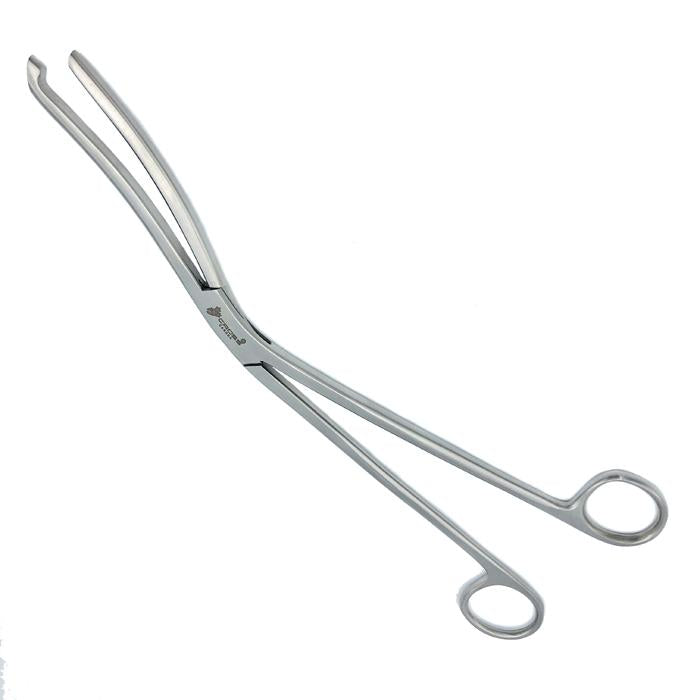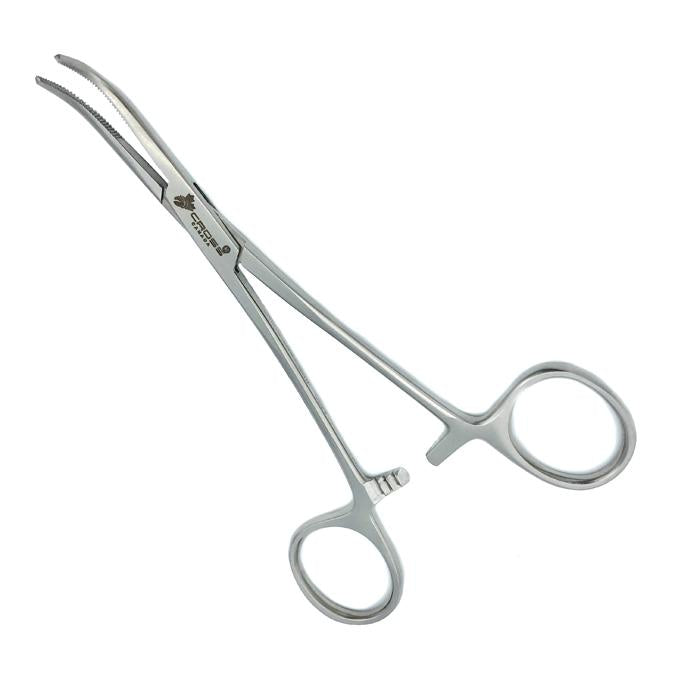Sterilization forceps are critical tools in maintaining sterile environments in medical, dental, and laboratory settings. These instruments are specifically designed to handle and manipulate objects and tissues in sterile fields, making them indispensable for various procedures.
Importance of Sterilization Forceps
Sterilization forceps are used to place and remove items from sterilization containers, ensuring that tools remain uncontaminated before use. They are made from high-grade stainless steel, which allows them to withstand repeated sterilization cycles without degrading in quality. This durability is crucial as it maintains the integrity of the forceps during high-temperature steam sterilization or chemical sterilization processes.
Types of Sterilization
Autoclaving: This method uses steam under pressure to achieve high-level sterilization. It is effective in killing a wide range of microorganisms, including bacteria, viruses, and spores. Most surgical forceps can withstand autoclaving without significant damage.
Dry Heat Sterilization: This method is ideal for instruments that may be damaged by moisture. It uses high temperatures to sterilize, which is less corrosive to the instruments, making it suitable for delicate items.
Chemical Sterilization: Utilizing chemicals like ethylene oxide gas or hydrogen peroxide plasma, this method is ideal for forceps that cannot endure high temperatures. It is particularly effective for complex instruments with intricate designs.
Best Practices for Cleaning and Sterilizing Forceps
-
Pre-cleaning: Immediately after use, forceps should be cleaned to remove any debris or organic matter. This involves using mild detergents or enzymatic cleaners followed by thorough rinsing with water.
-
Inspection: Post-cleaning, forceps should be inspected for any signs of damage or residue. This ensures that only fully functional and clean instruments proceed to the sterilization stage.
-
Sterilization: Depending on the material and design, forceps are sterilized using the appropriate method. Regular monitoring and maintenance of sterilization equipment are essential to ensure the effectiveness of the process.
Key Benefits
- Prevent Infection: By ensuring that all instruments are sterile, forceps help prevent infections and cross-contamination during procedures.
- Durability: High-quality materials used in forceps ensure they withstand repeated sterilization, maintaining their functionality and safety.
- Versatility: Sterilization forceps are used across various medical fields, including surgery, dentistry, and laboratory settings, making them versatile tools.
In summary, sterilization forceps are a crucial component in ensuring the safety and success of medical procedures by maintaining a sterile environment.

